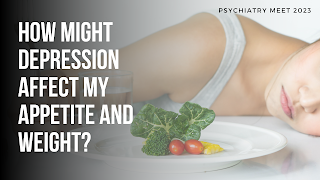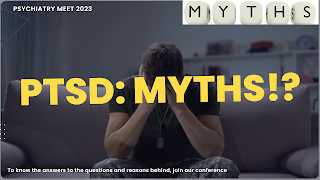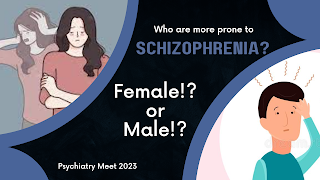How might depression affect my appetite and weight?

Appetite and weight changes are common but variable diagnostic markers in major depressive disorder: some depressed individuals manifest increased appetite, while others lose their appetite. Many of the brain regions implicated in appetitive responses to food have also been implicated in depression. Researchers know that depression can lead to weight gain, and that weight gain can also contribute to depression. Weight gain can happen when a person is depressed because: They lose interest in activities and are less physically active. They tend to eat a diet higher in fat due to poor food choices. People tend to feel low in energy when they are depressed – this can mean that having to cook or eat may feel like too much for them. Anxiety triggers emotional and psychological changes in your body to help you deal with the pressure. These changes often affect the stomach and digestive tract and can make you lose your appetite. If stress is the reason, your hunger usually returns once...


